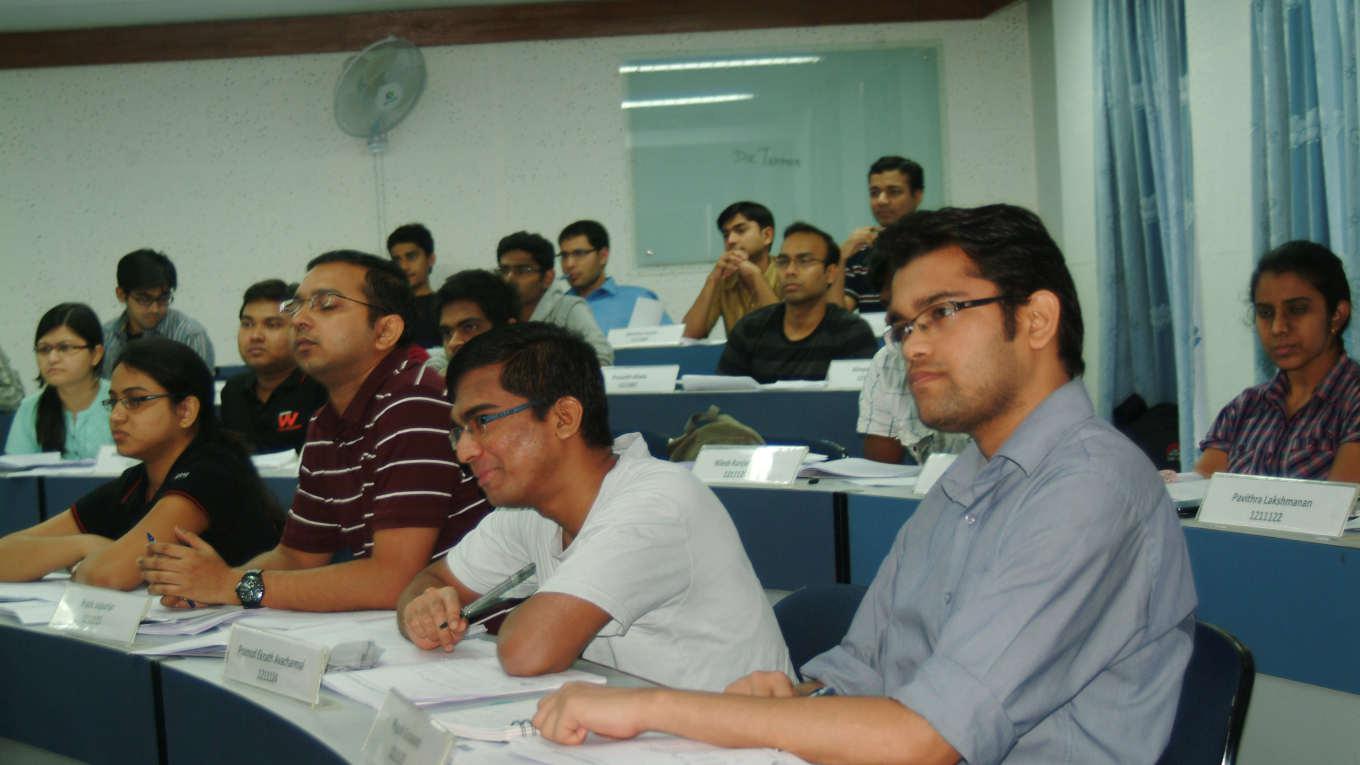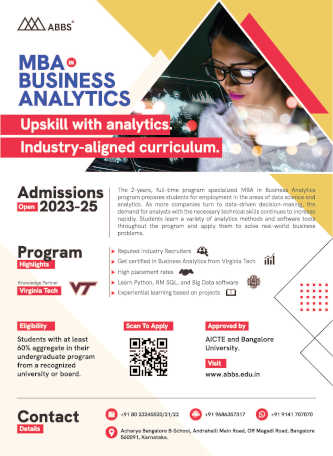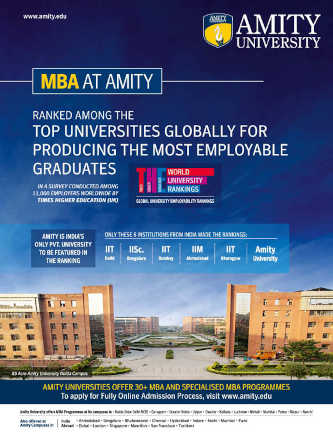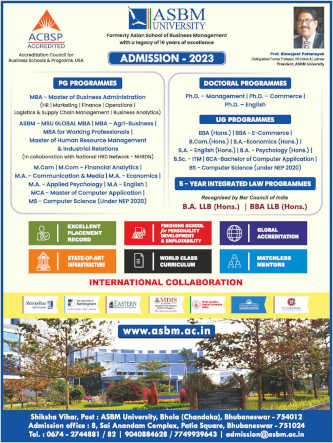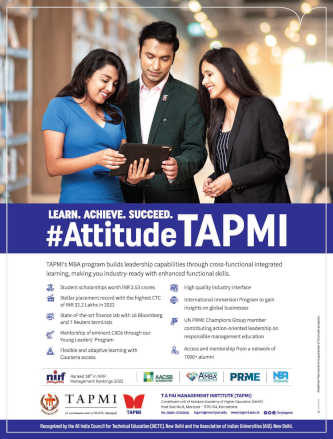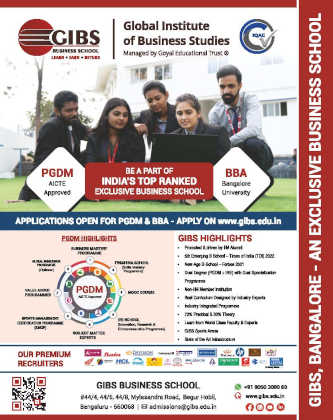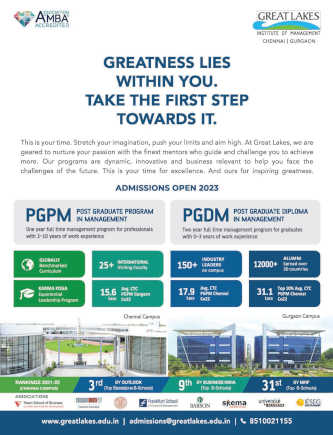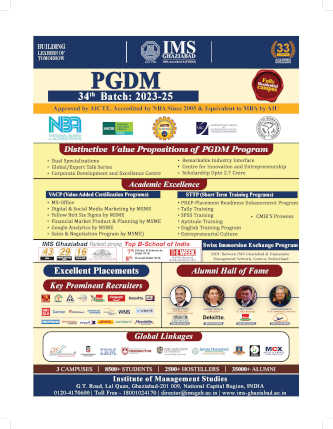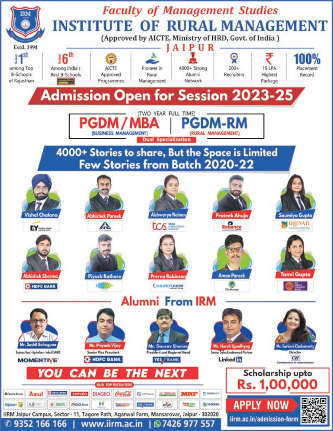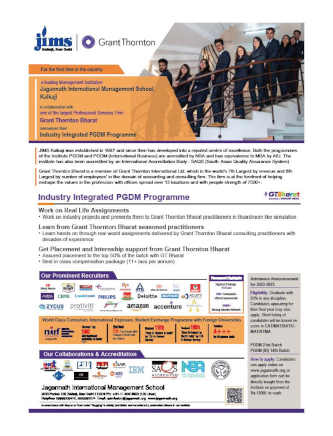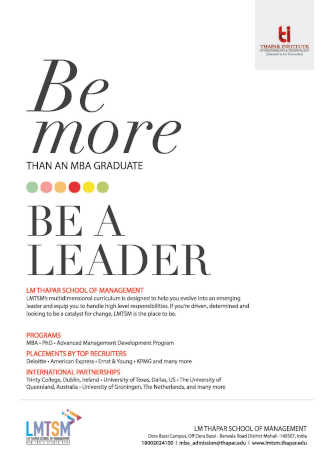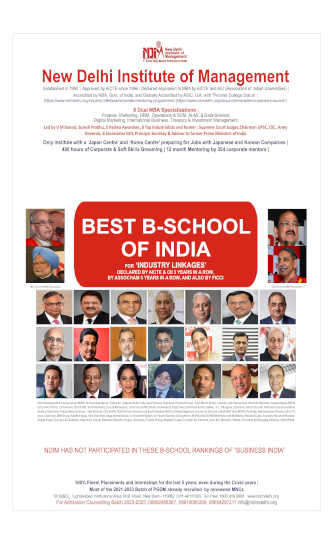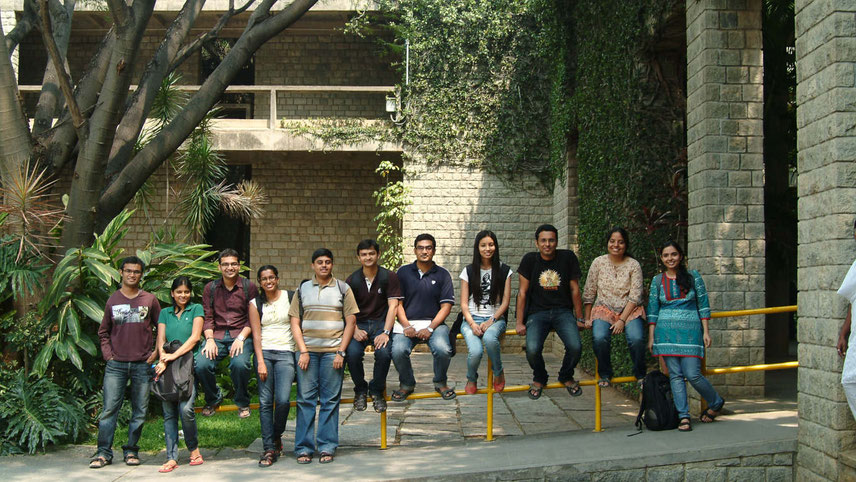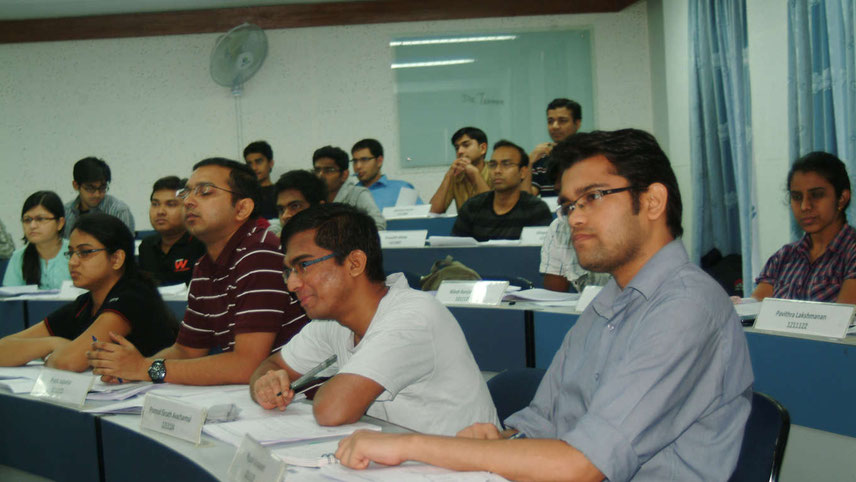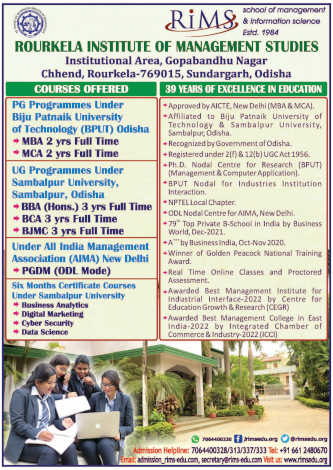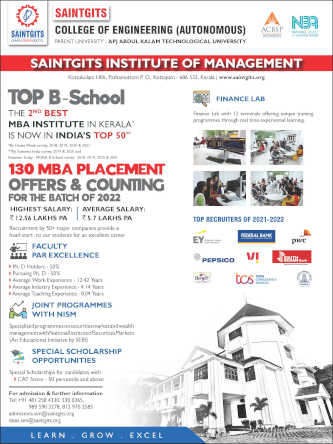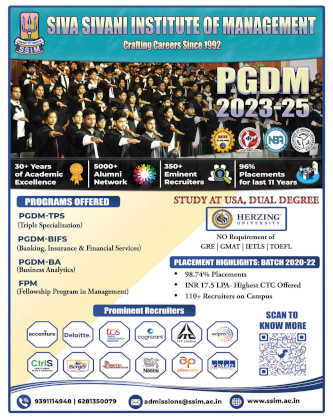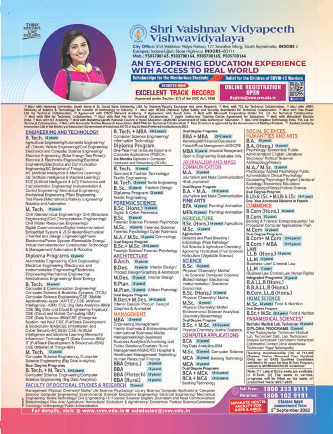
The era of globalisation and evolutions in information technology, the creation of new knowledge is changing the world rapidly, with all building blocks, including higher education and, in particular, the masters in business administration programme (popularly known as MBA), getting reshaped. It goes without saying that the rehauling of higher education system at regular intervals is essential to not only embed but also to exploit the changing scenarios. Graduates in the MBA programme cater to a diverse and extensive cross section of businesses and services. Hence, they need to be nurtured with fresh ideas and approaches. The bottom line to all this is that MBA graduates need to be prepared to follow constant changes in the market or risk the possibility of being left behind.
In recent times, we have often been talking about ‘revamping’ the existing scheme of things. With this understanding comes different perspective on what exactly needs to be done with the MBA programmes that are being offered. Essentially, four things need to be kept in mind in going through this exercise: mapping business practices in light of the digital age; the inclusion of globalisation as a standard aspect of management education – that is, bringing up newer business models encompassing globalisation as its functional aspect; changing the pedagogy to meet the requirements and demands of ‘Generation Z’; and finally, the executive or in-service MBA to be defined properly and made more attractive.
There are a few suggestions made about the need of MBA 2.0 terminology but without reflecting on the fact that industry and education are already at 4.0 and MBA too should be at that level even if earlier versions have not been adequately addressed. What is even higher degree of urgency is better nomenclature in defining MBA courses as, for instance, the earlier postgraduate diploma in management (PGDM) created enough confusion by way of equivalences and acceptances in the market. Though IIMs and other institutions have moved on to award MBAs, difficulties continue to remain as a large number of stand-alone institutions are still giving out PGDMs.

